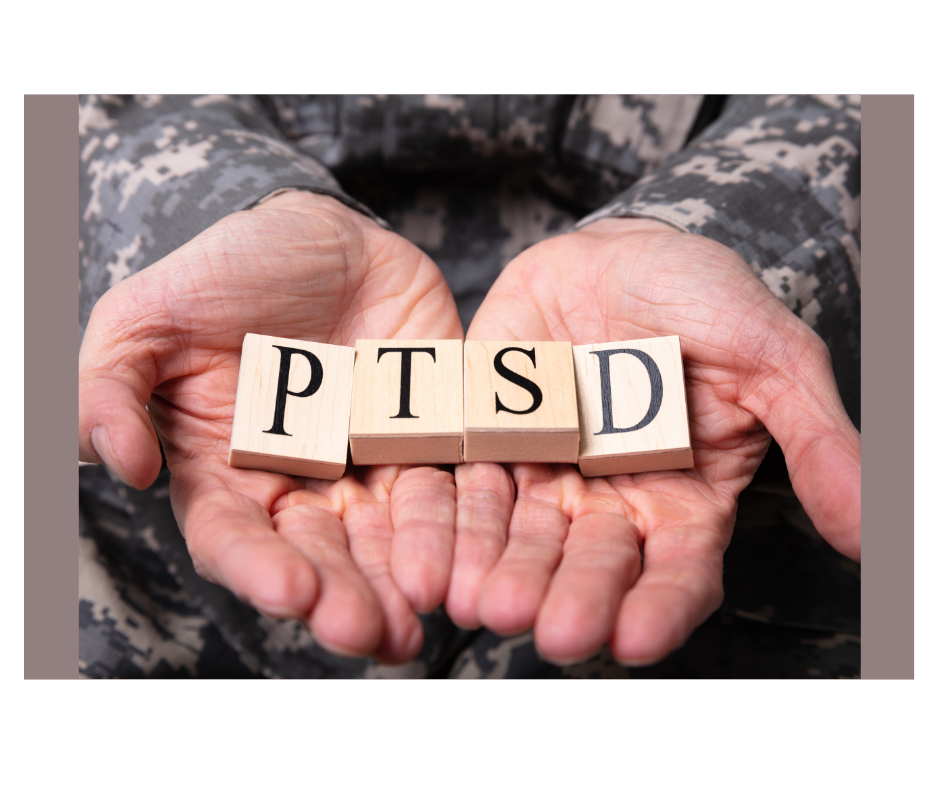
Understanding PTSD: Unraveling the Threads of Trauma
Post-Traumatic Stress Disorder (PTSD) is a mental health condition that can have a profound impact on an individual’s life. It arises as a response to experiencing or witnessing a traumatic event, affecting mental and emotional well-being. Understanding PTSD, its development, and its impact on mental health is crucial for fostering empathy and supporting those affected.
What is PTSD?
PTSD is a psychiatric disorder that occurs in people who have experienced or witnessed a traumatic event such as natural disasters, serious accidents, terrorist acts, war/combat, or personal assaults. While many people experience short-term distress after such events, PTSD involves a longer-lasting reaction that can significantly interfere with daily life.
How Does PTSD Develop?
PTSD develops through a complex interplay of various factors, including the nature of the traumatic event, individual vulnerability, and biological responses. Here’s a closer look at these contributing elements:
- Nature of the Trauma:
- Severity: The intensity and duration of the traumatic event can influence the likelihood of developing PTSD. More severe and prolonged trauma increases the risk.
- Proximity: Being closer to the traumatic event, either physically or emotionally, can also heighten the risk of PTSD.
- Personal Connection: Trauma involving personal harm or the threat of harm to oneself or loved ones is more likely to lead to PTSD.
- Individual Vulnerability:
- Preexisting Mental Health Conditions: Individuals with a history of anxiety, depression, or other mental health disorders are more susceptible to developing PTSD.
- Previous Trauma: A history of prior trauma can compound the effects of new traumatic experiences.
- Personality and Coping Mechanisms: People with resilient personalities and effective coping strategies may be less likely to develop PTSD.
- Biological Responses:
- Brain Chemistry: Trauma can alter brain chemistry and functioning, particularly in areas related to stress and fear responses.
- Genetics: Genetic factors may also play a role in predisposing some individuals to PTSD.
Symptoms of PTSD
PTSD manifests through a range of symptoms that can be broadly categorized into four clusters:
- Intrusive Thoughts:
- Recurrent, involuntary, and distressing memories of the traumatic event.
- Flashbacks, where individuals feel as though they are reliving the trauma.
- Nightmares related to the traumatic event.
- Avoidance:
- Avoiding places, people, and activities that remind the individual of the trauma.
- Steering clear of discussing the event or its associated feelings.
- Negative Changes in Thinking and Mood:
- Persistent negative thoughts about oneself or the world.
- Distorted feelings of guilt or blame.
- Diminished interest in activities once enjoyed.
- Changes in Physical and Emotional Reactions:
- Being easily startled or frightened.
- Always being on guard for danger.
- Difficulty sleeping or concentrating.
- Irritability, angry outbursts, or aggressive behavior.
The Impact of PTSD on Mental Health
PTSD can severely impact various aspects of an individual’s life, including:
- Emotional Well-being: Persistent feelings of fear, anxiety, and depression can erode overall emotional health.
- Relationships: PTSD can strain relationships with family, friends, and colleagues due to withdrawal, irritability, or avoidance behaviors.
- Daily Functioning: Difficulties with concentration, memory, and decision-making can affect work and daily activities.
- Physical Health: Chronic stress associated with PTSD can lead to physical health issues, including headaches, gastrointestinal problems, and cardiovascular conditions.
Seeking Help and Treatment
Recognizing PTSD and seeking appropriate treatment is crucial for recovery. Effective treatments for PTSD include:
- Psychotherapy: Cognitive Behavioral Therapy (CBT), Eye Movement Desensitization and Reprocessing (EMDR), and other therapeutic approaches can help individuals process trauma and develop coping strategies.
- Medication: Antidepressants and anti-anxiety medications can help manage symptoms.
- Support Groups: Connecting with others who have experienced similar trauma can provide comfort and validation.
Conclusion
PTSD is a complex disorder that requires understanding and compassion. By recognizing the factors that contribute to its development and the profound impact it can have on mental health, we can better support those affected. Encouraging individuals to seek help and providing access to effective treatments are essential steps in fostering recovery and resilience.
